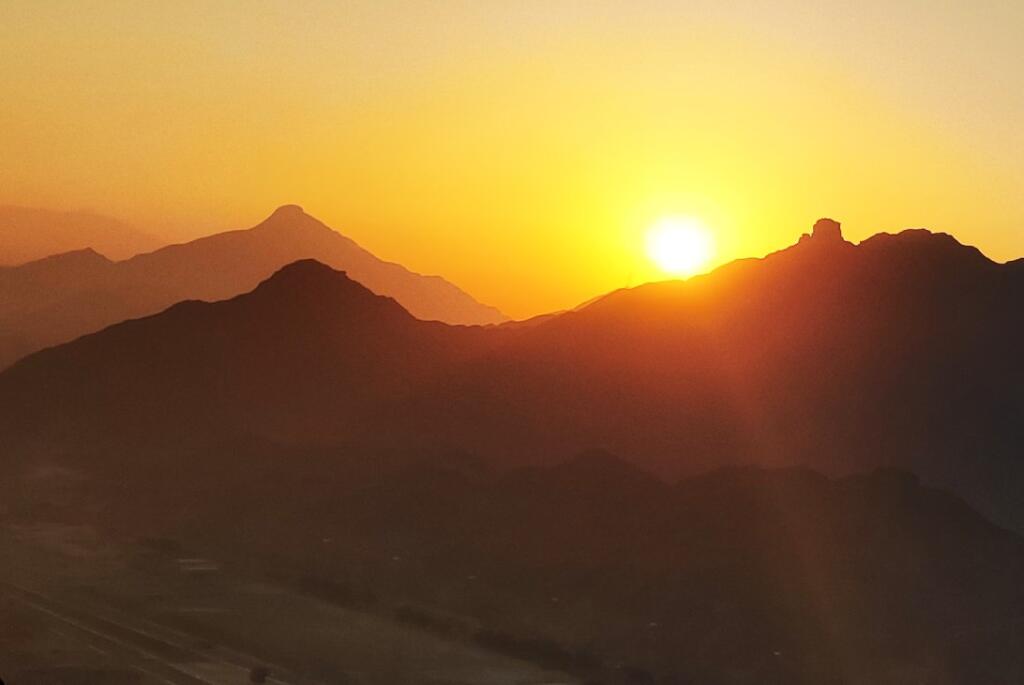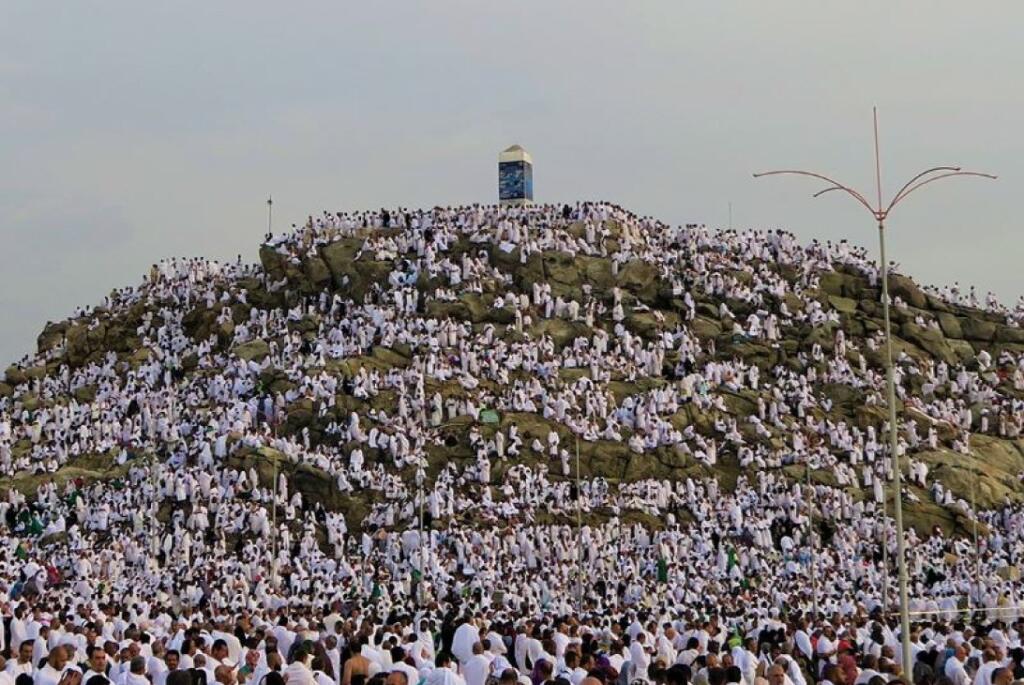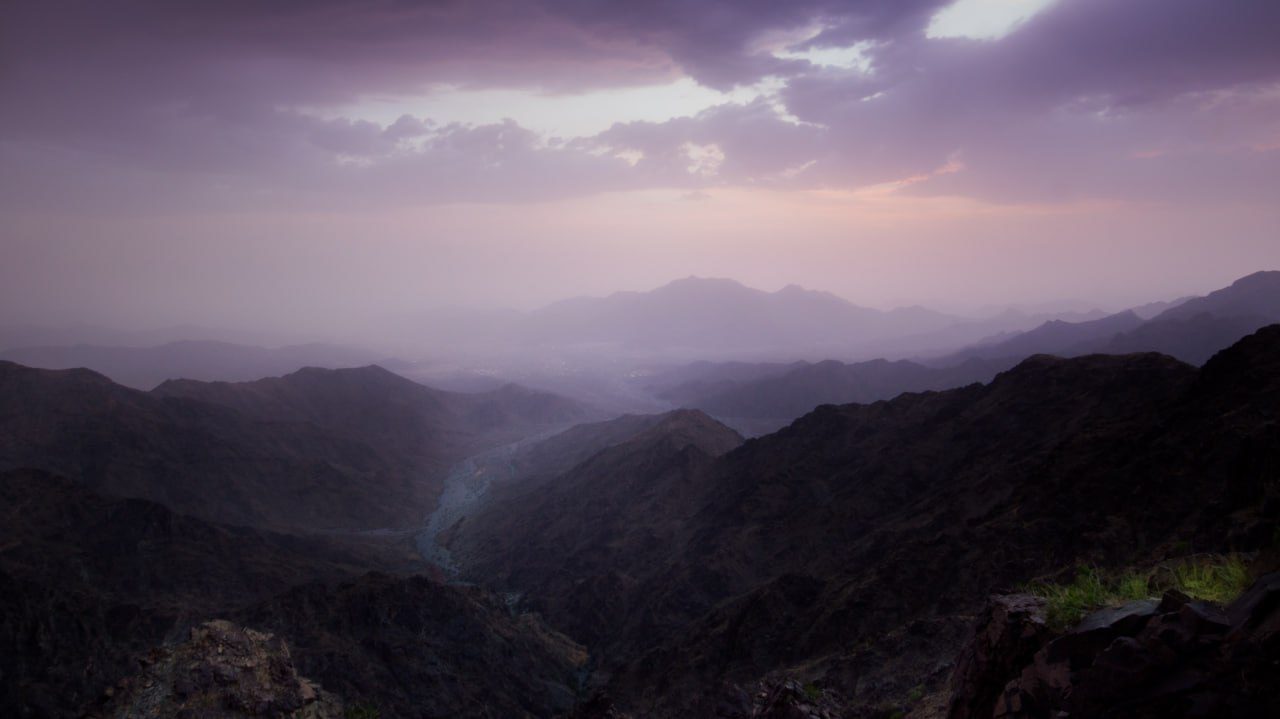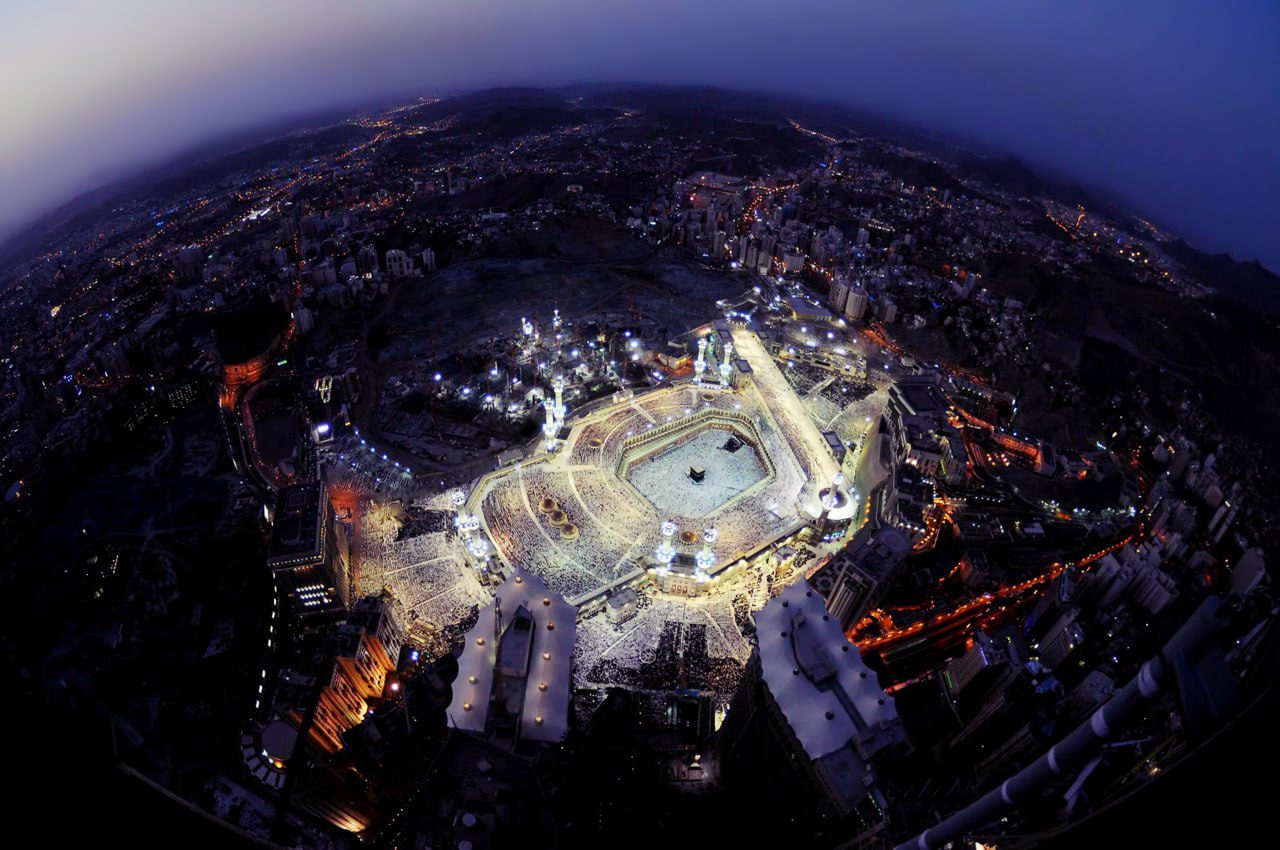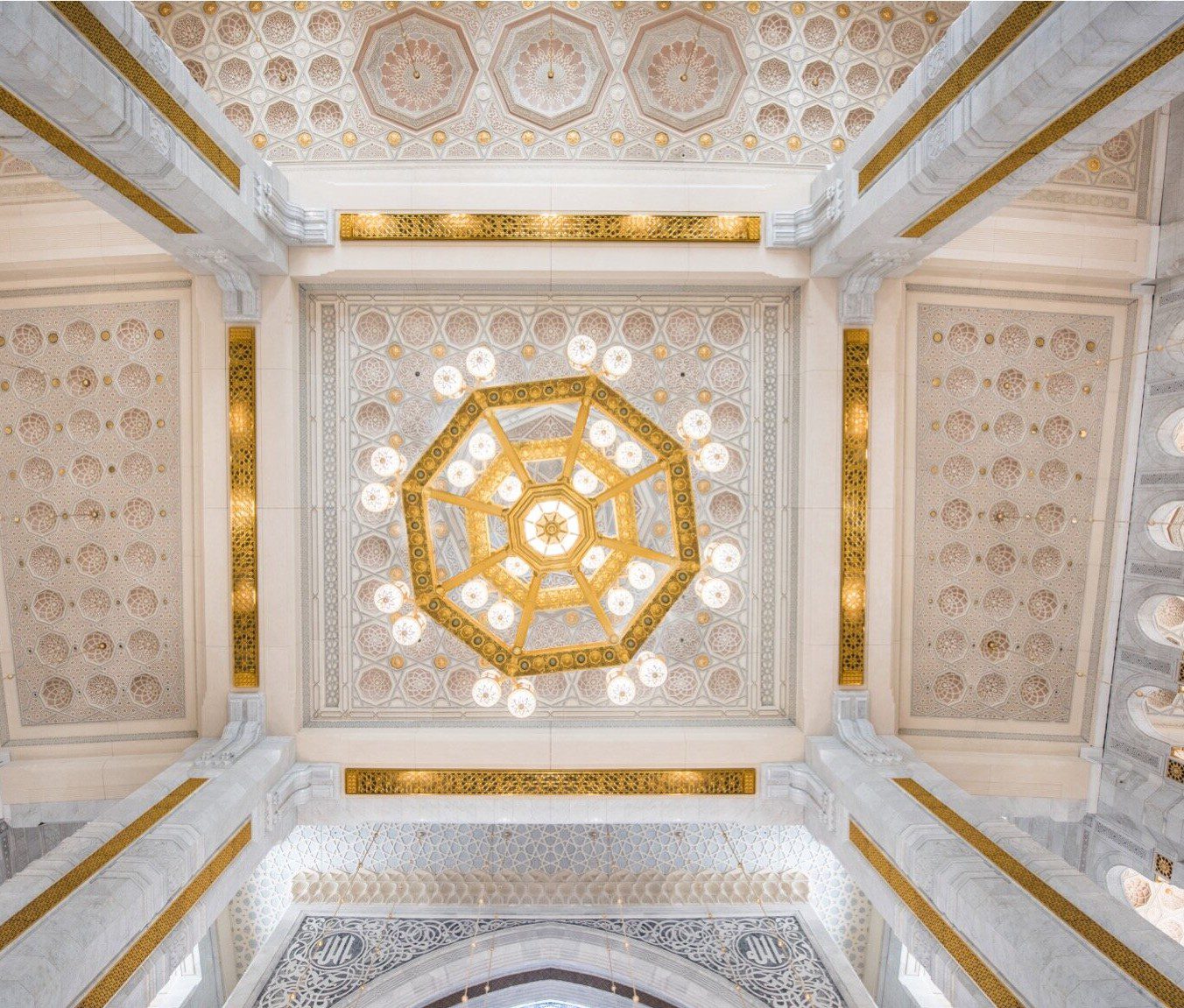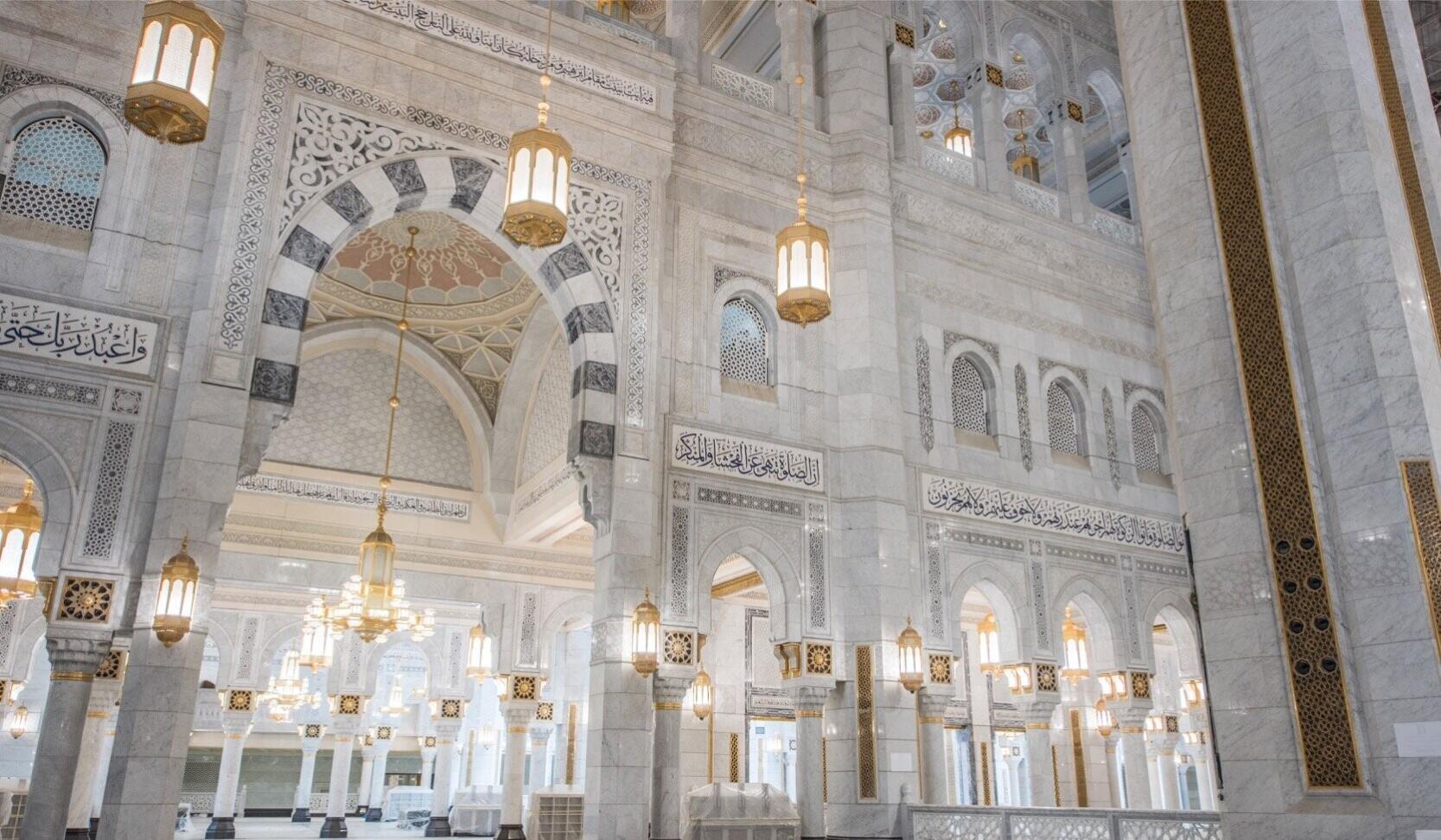“The believers, both men and women, are allies of one another…” (9:71).
The ummah is a powerful and unifying force. Allah ﷻ places great importance on unity and loyalty among believers. This unity must go beyond geography, ethnicity, skin colour, and even personal friendships. It should be firmly rooted in the bond of Islam, through which Allah has guided and honoured humanity. Feeling concerned, worried, or anxious about the suffering of Muslims anywhere in the world is a clear sign of īmān.
The Messenger of Allah ﷺ said, “The parable of the believers in their affection, mercy, and compassion for each other is that of a body. When any limb aches, the whole body reacts with sleeplessness and fever” (Muslim).
Think about how distressed you feel when your head hurts, or when your teeth ache. You’ll likely complain to the first person you see, and hope your doctor swiftly prescribes something to quell the pain. There’s no ease until the pain subsides.
The Prophet ﷺ described the ummah as one physical body whose unifying force is the bond of īmān. Artificial borders and fake inherited nationalism should not hinder the ummah in assisting each other. If the Palestinians are in pain, then every Muslim is in pain; if the Uyghurs are being arrested, then every Muslim is the target; and if the Indian Muslims are lynched, then every Muslim is being abused.
The Ummah is not just united in its pain, rather it is a powerful force. Despite many attempts to divide it, keep it stagnant, or make it dependent, the ummah holds immense potential. If the approximately two billion Muslims around the world were to unite, they could become a leading force in global affairs and a means for justice and peace to spread throughout the world.
Hajj and the Ummah
Ḥajj is a powerful display of unity and brotherhood. It transforms people into equals, regardless of their status, nationality, or wealth. Whether you are a king or a servant, rich or poor, influential or insignificant, everyone is equal in the House of Allah. There is no division based on colour, race, or nationality. The unity in ḥajj is in the shared acts of worship, the same intentions, and the singular objective of pleasing Allah.
As you encounter Muslims from all corners of the world, speaking a myriad of languages and coming from different cultures, you will witness the power of the ummah in action. The only thing that connects you to them is the bond of īmān. Despite the boundaries that separate us, the conflicts that have been sown between us, we are one ummah, one body, and one structure. Ḥajj not only nurtures this unity, but also delivers a significant psychological defeat to the disbelievers. It shatters all attempts to divide the Muslims and undermines the confidence of those who aim to weaken or fragment the ummah.
Ḥajj should be a transformative journey that reawakens the deep sense of collective responsibility among Muslims. It reminds you that wherever you are in the world, you remain united as one body.
Act: During ḥajj, make an effort to talk to your fellow believers from different parts of the world and learn about their experiences and hardships. Convey what you have learnt to your families and friends upon your return.
“Over two million Muslims stand together, in one place, wearing one attire, with one objective, calling upon one Lord and following one Prophet. What greater symbol of unity is there?”
Embodying the Ummah Spirit
Throughout ḥajj, embody the ‘ummah spirit’ by being good to everyone around you and overlooking their mistakes. The Prophet ﷺ said, “A ḥajj mabrūr (accepted ḥajj) has no reward except Paradise.” It was asked, “What is its birr (mark of acceptance)?” He replied: “Feeding others and speaking kindly” (Aḥmad).
‘Birr’ includes maintaining ties, showing kindness and compassion, good companionship and interaction, and obedience. These qualities encompass the essence of good character. This is greatly needed during ḥajj.
A Companion (raḍiy Allāhu ʿanhu) once asked the Prophet ﷺ for advice about kindness. He ﷺ informed him: “Do not belittle any act of kindness — even if it is giving the piece of a rope, a sandal strap, pouring from your bucket into the container of someone seeking water, removing something harmful from the road, meeting your brother with a cheerful face, greeting him with salām, comforting the lonely in the land; or even if someone insults you with something true about you, and you know something similar about him, do not insult him in return. Let the reward be yours, and the sin upon him. Whatever pleases you to hear, act upon it. And whatever displeases you to hear, avoid it” (Aḥmad).
Act: Try to do as many good deeds outlined in the above ḥadīth at least once during your hajj.
Hajj and Victory
One of the root causes of the ummah’s humiliation is the love of this world (one of the diseases of the heart). The Prophet ﷺ said, “The nations will soon summon one another to attack you just as diners invite one another to share their dish.” Someone asked, “Will it be due to our small number at the time?” He ﷺ replied, “No, there will be many of you at the time, but you will be like the froth and scum of a flood. Allah will remove from your enemies’ hearts their fear of you, and He will cast wahn into your hearts.
Someone asked, “O Messenger of Allah, what is wahn?” He ﷺ replied, “Love of the world and a dislike of death” (Abū Dāwūd).
Let ḥajj serve as a reminder of how far we have declined as an ummah, and let it be a turning point: a commitment to return with a renewed mindset. Recognise that the revival of the ummah begins with each person improving themselves, their families, and their communities. Strive to restore honour to the believers through whatever small actions you are capable of doing.
Reflect: Think about how the problems you witness during ḥajj represent the broader issues in the ummah (e.g. lack of knowledge, waste of resources), and ponder upon what you can do. Each of us is responsible.
At the same time, ḥajj instils confidence that no matter how long disbelief and tyranny prevail, victory is near. During ḥajj, you will witness immense generosity, kindness and courage from fellow believers. This will create a new sense of hope and belief that there is still immense goodness in the ummah and so long as we strive together, Allah will grant us victory.
What Is Your Project for the Ummah?
Allah ﷻ says, “Believers! If you help the dīn of Allah, He will help you and make you stand firm” (47:7).
In this āyah, Allah is instructing you to establish His dīn, do daʿwah, and strive in His Path. You should be committed to cultivating good in people and in society; and to end evil, injustice and corruption. You cannot sit and slavishly follow the way of the corrupt disbelievers and then expect the help of Allah to arrive.
Reflect: What have you done to strengthen and serve the dīn of Allah? What is your project for the ummah? How are you going to become a strong believer? How are you going to ensure that your family are strong believers? How are you going to spread the word of Allah on His earth?
The First Qiblah
As you see the ummah united in purpose, action and speech during ḥajj, let this unity move you. This very scene once stirred the emotions of a poet who looked upon the crowd of pilgrims, and wished that, just as they had turned their faces towards the Kaʿbah, they would also turn their attention towards the first qiblah: al-Masjid al-Aqṣā! He exclaimed:
O pilgrims to the Sacred, Blessed House,
Direct your gathered ranks toward al-Quds with resolve.
In Palestine, a handful of devils
Defy Islam with their war and tyranny.
O you who slaughter the rams of Eid al-Aḍḥā,
Let your hearts awaken to the gravity of its sermon.
If only we had slaughtered our negligence instead,
And sent our ḥajj offerings as aid toward al-Quds.
And if, in the depth of our distress,
We could turn our heedless souls away from distraction
Then, when al-Masjid al-Aqṣā is finally liberated,
Only then will it be a true ḥajj, and Eid a true celebration.
The poet is not telling you to cancel your ḥajj. Rather it is some food for thought that whilst you make ṭawāf around the Sacred House, your third most holy site is under the control of the Zionists. You stand at ʿArafah whilst they desecrate the place where thousands of Prophets prayed behind our Beloved Prophet ﷺ. You depart for Muzdalifah whilst the Zionist gangs rush to the courtyards of al-Aqṣā to destroy it and butcher the believers guarding it.
Unfortunately today, the majority of the ummah are stripped of power and decision-making. Many leaders seek to align with the enemy and normalise relations with it. At the same time, hypocritical media figures and intellectuals work hard to diminish the importance of Al-Aqṣā and Palestine in the hearts of Muslims. In the face of this, the responsibility falls on us all: to place the cause of Al-Aqṣā at the centre of our concerns, to deeply instil this in the hearts of future generations, and to tie the fate of the ummah to the fate of Al-Aqṣā.
This is not a peripheral issue. It is a matter of īmān and central to our dīn. It is the legacy of the night journey of our beloved Prophet ﷺ. The liberation of Jerusalem is a prelude to its future honour, when ʿĪsā (ʿalayhis-salām) will descend and slay the Dajjāl.
Reflect: What are YOU doing to help liberate al-Masjid al-Aqṣā?

